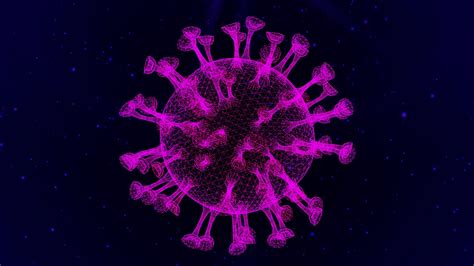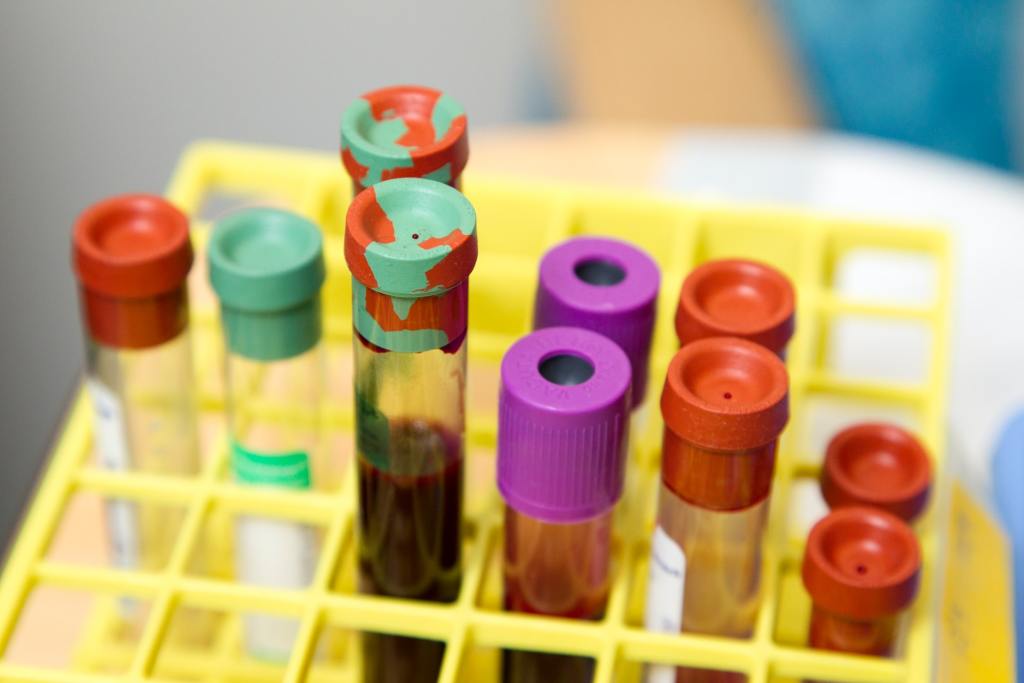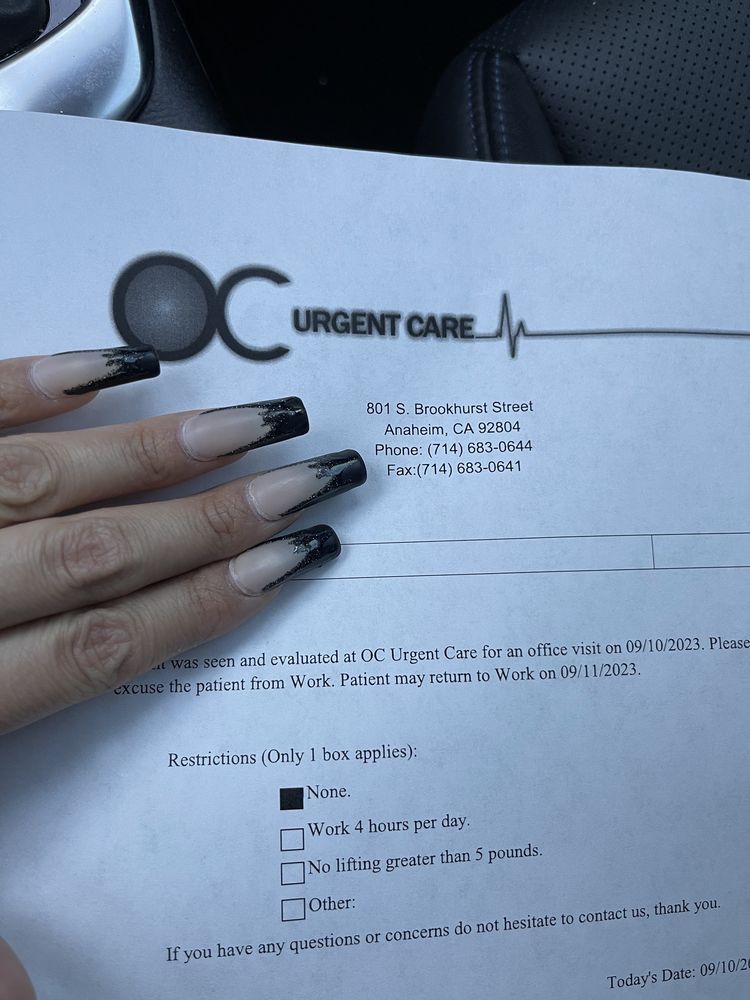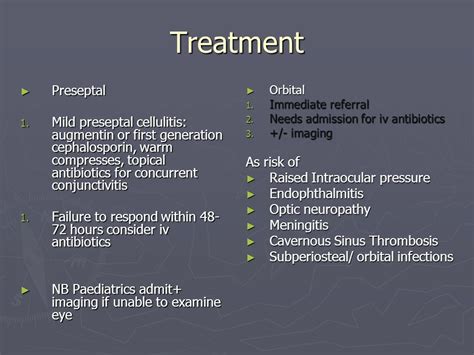When Does Cold Flu Or Covid End? Recovery Tips
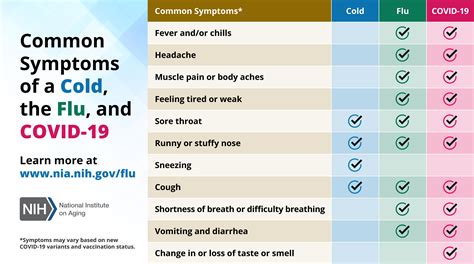
The common cold, flu, and COVID-19 are three of the most prevalent respiratory illnesses affecting individuals worldwide. While they share similar symptoms, such as coughing, sneezing, and fatigue, their duration and recovery processes differ. Understanding when these illnesses typically end and implementing effective recovery strategies can help alleviate symptoms, reduce the risk of complications, and promote a speedy return to normal activities.
The Common Cold:
The average duration of a cold is 7-10 days, with symptoms resolving on their own as the immune system fights off the invading virus. However, some people may experience lingering symptoms, such as a cough or fatigue, for up to 2-3 weeks. Factors influencing the recovery time include the type of virus causing the cold, individual immunity, and overall health.
Influenza (The Flu):
The flu typically lasts 5-7 days, but fatigue and weakness may persist for up to 2 weeks. In some cases, the flu can lead to complications, such as pneumonia, bronchitis, or sinus infections, which can prolong the recovery period. The severity of the flu and the individual’s underlying health conditions play a significant role in determining the duration of the illness.
COVID-19:
The recovery time for COVID-19 varies significantly depending on the severity of the infection. Mild cases may resolve within 1-2 weeks, while more severe cases can take 3-6 weeks or even longer to recover from. Some individuals may experience persistent symptoms, such as fatigue, shortness of breath, or cognitive impairment, for several months after the initial illness. This condition is often referred to as “long COVID” or “post-acute COVID-19 syndrome.”
Recovery Tips:
While the duration of these illnesses can be unpredictable, there are several evidence-based strategies to help alleviate symptoms, support the immune system, and promote recovery:
- Stay Hydrated: Drink plenty of fluids, such as water, herbal tea, or clear broths, to help thin out mucus, soothe a sore throat, and maintain hydration.
- Rest and Relaxation: Get plenty of rest to allow your body to fight off the infection and recover. Aim for 8-10 hours of sleep per night and take naps during the day if needed.
- Over-the-Counter Medications: Use over-the-counter medications, such as acetaminophen or ibuprofen, to help manage symptoms like fever, headache, and body aches. However, always follow the recommended dosage and consult with a healthcare professional if necessary.
- Humidify the Air: Use a humidifier to add moisture to the air, which can help relieve congestion and soothe a sore throat.
- Practice Good Hygiene: Cover your mouth and nose with a tissue when coughing or sneezing, wash your hands frequently with soap and water, and avoid close contact with others to prevent the spread of infection.
- Nutritional Support: Eat a balanced diet rich in fruits, vegetables, whole grains, and lean proteins to provide essential nutrients and support immune function. Consider incorporating immune-boosting foods, such as citrus fruits, bell peppers, and mushrooms, into your diet.
- Stay Active: Engage in gentle exercises, such as yoga or short walks, to help maintain physical function and reduce the risk of complications. However, avoid strenuous activities that can exacerbate symptoms.
How long does it take to recover from the common cold?
+The average recovery time for the common cold is 7-10 days, but some people may experience lingering symptoms for up to 2-3 weeks.
What are the most effective ways to manage flu symptoms?
+Staying hydrated, getting plenty of rest, and using over-the-counter medications to manage symptoms like fever and body aches can help alleviate flu symptoms.
Can COVID-19 cause long-term health effects?
+Yes, some individuals may experience persistent symptoms, such as fatigue, shortness of breath, or cognitive impairment, for several months after the initial illness. This condition is often referred to as "long COVID" or "post-acute COVID-19 syndrome."
In conclusion, while the common cold, flu, and COVID-19 are distinct illnesses with varying recovery times, implementing evidence-based recovery strategies can help alleviate symptoms, support the immune system, and promote a speedy return to normal activities. By staying hydrated, getting plenty of rest, and practicing good hygiene, individuals can reduce the risk of complications and support their overall health and well-being.
